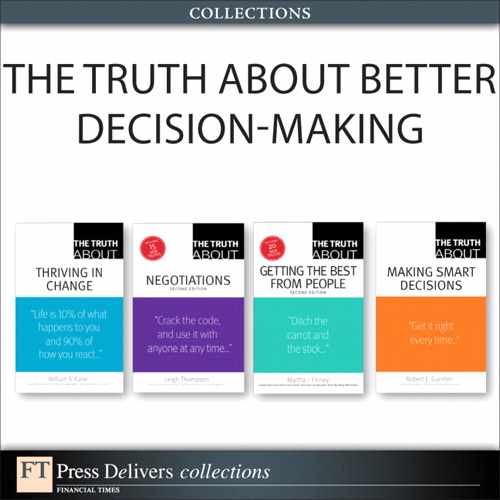Truth 36. Overselling an opportunity can cost you precious talent
These days managers are probably more experienced in laying off valued talent than they are at hiring them. So, can you really be blamed for becoming maybe a little overexuberant when you have the chance to hire someone fresh and new? Just think of the possibilities!
That’s the problem. Getting carried away with those possibilities could result in you having to fill that position all over again, losing your hard-found favorite choice in the bargain.
You know how the hiring lifecycle goes: After the initial thrill of hearing that you have the budget for a new employee, you lose a bit of that joy in the grueling process of writing the job description. Then you lose a little bit more of that joy when the first round of applications come in. And by the time you’ve interviewed your fifteenth candidate, your spirits are flattened to a flagstone. But then—cue the angelic choir and bring up the heroic backlighting—The One walks in.
The One is perfect. The resumé checks all the boxes. Better still, the two of you hit it off with an electrified chemistry that could only be described as scandalous. Ideas are flying back and forth like a world-class tennis match. And before you know it, in the high-spirited joy of having found The One, you’ve promised the moon. Well, at least you didn’t exactly say no to the moon. And your new candidate—now employee—comes to work expecting, well, the moon.
And now you must begin the process of reeling back those promises. Which coincides with the process of losing that great talent you found.
You might be brainstorming, but the candidate is taking notes.
Cathy Fyock, vice president of strategy services for the Kentucky-based HR consulting firm Hanna Resource Group, warns against going overboard with promises made that the height of excitement during the job interview. Even when you know for a fact you haven’t made promises, they are being perceived and received by The One as promises. You might be brainstorming, but the candidate is taking notes.
“You are obligated to match the content of the job interview with the content of the job itself,” she says. “People tend to think that the carrot that you dangle in front of a candidate is the formal compensation package. But the candidate is also seeing other attributes of the job itself as a major reason why they would choose one job offer over another.
“There’s a temptation to pick up on the desires of the candidate without thinking through what those desires actually mean in practical terms to you, your team, and your candidate,” she says. “And then you find yourself with a new employee coming to work on Day One with a kit of expectations that you have no intention of delivering on.”
You’re not entirely to blame. Conditions of modern-day job interviews set you up for expanding expectations beyond the formal, established boundaries of the open job requisition. In a knowledge-based job market, interviews take on more of an environment of consultative selling (where candidates set themselves apart from their equally qualified competition by volunteering ideas for solutions to your existing business problems). This creates a freewheeling conversation where you put down whatever script or checklist you might have and great ideas bounce back and forth.
What will the most desirable candidates likely want from this new job opportunity that you might not be prepared to provide once the job actually begins?
• Autonomy
• Company resources
• Cooperative organizational culture willing to transform as the new employee pursues a goal of making a difference
• Easy access to key decision makers throughout the organization
Is it reasonable to expect you to deliver on exactly the job opportunity described in the interviews? Yes. But let’s face it: Job roles and responsibilities are liable to shift as a company transforms itself to respond to its own changing marketplace. These things happen. And mature employees recognize that fact of business life. When that time comes, it will be up to them to decide whether your company’s needs and opportunities still provide a promising package for them. Or whether they should start looking elsewhere.
But being clear about the responsibilities and opportunities for the current job as you’re interviewing candidates will give The One every chance to make a wise career choice and then get started on the right foot. Don’t feel obligated to stick to the job req script in your interviews. But don’t lose sight of the likely boundaries either.
This way both of you will make wise, informed choices. And neither of you will have to suffer through a new round of interviews again any time soon.
